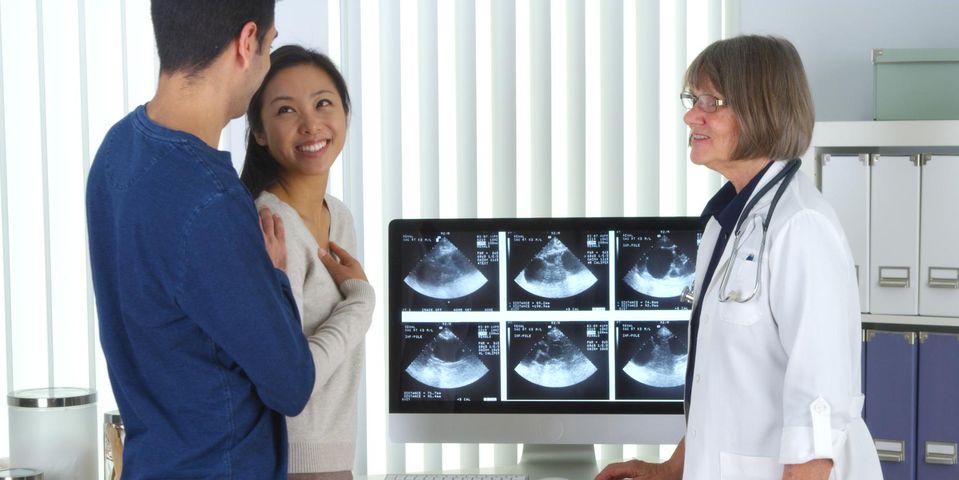
Embryo transfer is the final step of an in vitro fertilization (IVF) treatment—the fertilized embryos are placed in your body for implantation. Although the procedure itself is fairly simple and short, it’s a crucial step in the fertility treatment. It’s natural to want to do whatever possible to encourage success, and here’s what you can do in the days following the transfer.
Do:
Continue taking progesterone.
You may have taken progesterone to optimize your body for egg collection, and you should continue taking it until your physician states otherwise. This hormone increases your chance of successful conception and is necessary for your body to maintain a pregnancy. Once you’re confirmed to be pregnant and your body is making progesterone on its own, you can stop taking the hormone if your infertility physician advises it.
Limit physical activity.
 If you’re feeling emotionally drained after the embryo transfer, avoid exercising to manage your feelings. Physical activity may cause discomfort, as your ovaries are still swollen from the hormones and procedure. Rest your body for the remainder of the day, as well as the day after.
If you’re feeling emotionally drained after the embryo transfer, avoid exercising to manage your feelings. Physical activity may cause discomfort, as your ovaries are still swollen from the hormones and procedure. Rest your body for the remainder of the day, as well as the day after.
Don’t:
Be surprised by the side effects.
You may experience an array of symptoms, such as slight breast tenderness due to excess hormones, mild cramping or bloating from the procedure, and passing a minimal amount of fluid that may be clear or bloody in color. However, if you experience more than mild pain, pass blood that you’re concerned about, or have any other reason to worry, call your clinic so that they can evaluate you and ensure everything is OK.
Expect to have immediate answers.
Successful implantation can’t be confirmed for almost two full weeks after the transfer date, and you likely won’t notice any pregnancy symptoms before then. While the embryo should attach to the uterus and begin implantation within two to four days of the procedure, the success has to be verified through a blood test that checks for human chorionic gonadotropin (hCG), which won’t be detectable in your blood until nine or more days after the treatment.
For more information about what you can do after an embryo transfer, contact the compassionate team at IVF HAWAII in Honolulu. These knowledgeable professionals understand how infertility procedures work, as they offer IUI and IVF treatments as well as egg freezing. Find out what to expect from your first visit online, or call (808) 538-6655 to schedule a consultation.
About the Business
Have a question? Ask the experts!
Send your question

